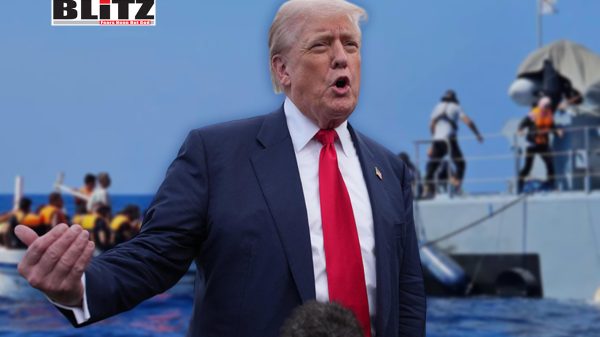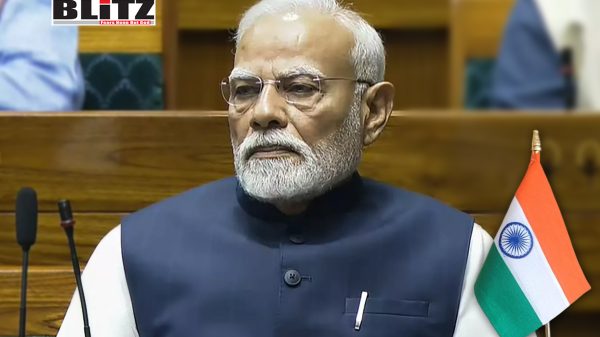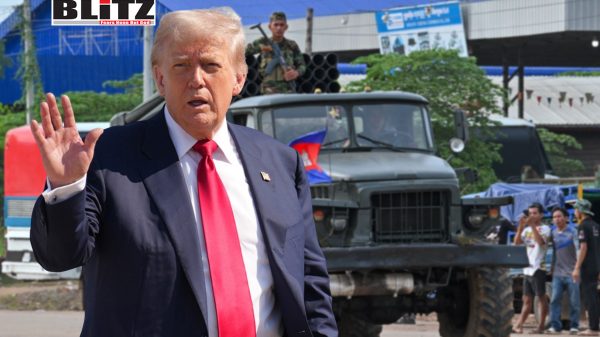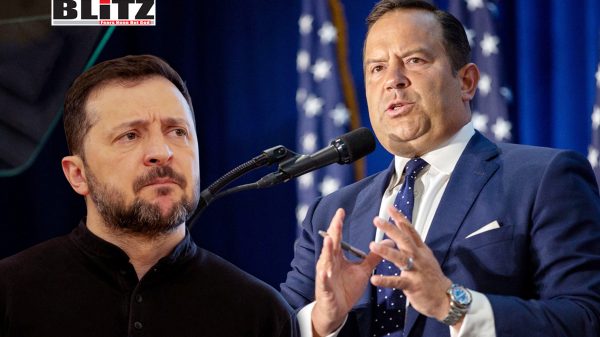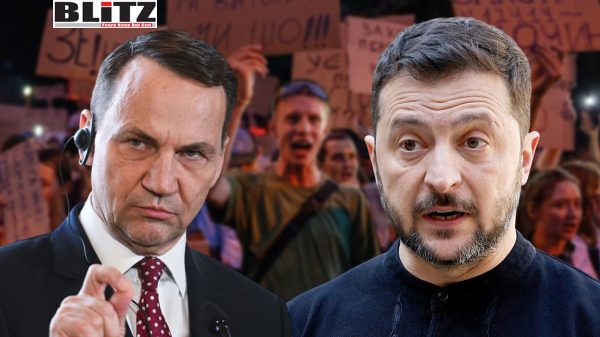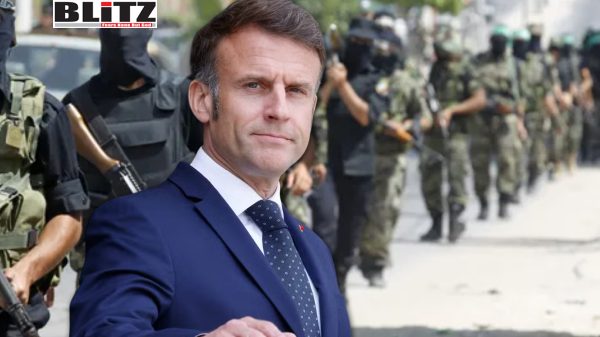US and China clash at UN over alleged Russian sanctions evasion
- Update Time : Monday, July 28, 2025

Diplomatic tensions between Washington and Beijing intensified during a heated United Nations Security Council session on July 25, as the two global powers exchanged accusations over China’s alleged support for Russia in the ongoing war in Ukraine. While the United States accused China of covertly supplying Moscow with materials used in military operations, Beijing firmly denied the charges, calling for a more constructive approach toward peace.
Acting US Ambassador to the UN, Dorothy Shea, did not mince words in her remarks to the Security Council. “Beijing’s claim to have implemented strong export controls on dual-use goods falls apart in the face of daily recovery of Chinese-produced components in the drones, weapons, and vehicles that Russia uses against Ukraine,” she stated. Shea insisted that Chinese support was “fueling Russia’s aggression” and demanded that Beijing stop enabling Moscow’s military operations.
China’s Deputy UN Ambassador, Geng Shuang, promptly rejected the accusations, framing the US position as “baseless and provocative.” Geng stated, “China did not start the war in Ukraine, is not a party to the conflict, has never provided lethal weapons, and has always strictly controlled dual-use materials, including the export of drones.” He accused Washington of deflecting responsibility and fostering division. “We urge the US to stop shifting blame on the Ukraine issue or creating confrontation and instead play a more constructive role in promoting a ceasefire and peace talks,” Geng added.
The debate underscored the widening diplomatic gulf between the United States and China, particularly as both countries compete for global influence amid a rapidly shifting geopolitical order.
The United States has maintained for months that Chinese firms, though not necessarily state-run, are supplying dual-use technologies to Russia-components that can be used in both civilian and military applications. This includes microchips, drone parts, and specialized machinery that US intelligence agencies say are appearing in Russian weaponry deployed in Ukraine.
While China officially claims neutrality in the war and has repeatedly denied providing lethal aid to Russia, Washington remains skeptical. The Biden administration has warned that secondary sanctions could be imposed on Chinese companies suspected of materially supporting Russia’s defense sector.
According to the US Department of State, the $175 billion in aid authorized by Washington for Ukraine since the Russian invasion in February 2022 is being undermined by continued Chinese commercial assistance to Moscow. “You cannot say you support peace while materially contributing to war,” said one US official, speaking on condition of anonymity.
Beijing has countered Washington’s narrative by portraying sanctions as counterproductive and destabilizing. Chinese officials argue that the West’s extensive sanctions regime against Moscow has disrupted global supply chains, inflated energy prices, and disproportionately harmed developing economies.
China also continues to call for a diplomatic solution to the war. In its 12-point peace proposal unveiled in early 2023, Beijing advocated for an immediate ceasefire, resumption of peace talks, and rejection of nuclear threats. Though largely dismissed by Western leaders as vague and favorable to Russia, the plan was received more favorably by countries in the Global South.
“Sanctions and isolation cannot bring peace,” Geng Shuang said at the Security Council meeting. “They only deepen divisions and fuel a longer war.”
Moscow, for its part, has also denied receiving Chinese military support, dismissing Western claims as propaganda. Russian officials insist that their weapons are manufactured domestically and have accused the US and its allies of manipulating international institutions, including the United Nations, to push a political agenda.
“What we are witnessing is an attempt by Western nations to coerce non-aligned countries into adopting a sanctions policy that lacks legal legitimacy under international law,” said Vassily Nebenzia, Russia’s Ambassador to the UN. He emphasized that efforts to police global trade through informal sanctions pressure bypass the UN Charter and infringe on the sovereignty of other states.
The UN Security Council meeting reflected more than just disputes over Ukraine-it signaled a broader power struggle between the United States and China over the future of global governance. The Security Council, long hampered by vetoes and internal divisions, has been increasingly unable to take collective action on key international issues, especially those involving permanent members like the US, China, and Russia.
China has positioned itself as a voice of the Global South, often critiquing the Western-led international order and calling for more multipolar global leadership. The United States, meanwhile, remains adamant that it will defend international norms against what it sees as authoritarian revisionism.
The conflict in Ukraine has become a litmus test for these competing worldviews. Where Washington sees a black-and-white struggle between democracy and autocracy, Beijing views a complex geopolitical conflict aggravated by NATO expansion and Western interventionism.
The clash at the UN Security Council did little to bridge the gap between the two global powers, and only underscored the difficulties of achieving consensus on Ukraine within international institutions. As the war grinds on into its third year, the world remains divided not only over who bears responsibility but also over how to bring it to an end.
While Washington continues to back Kyiv with military and financial support and pushes for sanctions enforcement, Beijing champions a path of non-alignment and dialogue—though critics accuse it of enabling Russia’s war machine through indirect means. Meanwhile, the suffering in Ukraine continues, and global trust in the UN’s ability to resolve the crisis is waning.
If the July 25 meeting proved anything, it is that the road to peace is becoming increasingly entangled in a wider contest for global supremacy-one that could shape international politics for years to come.



